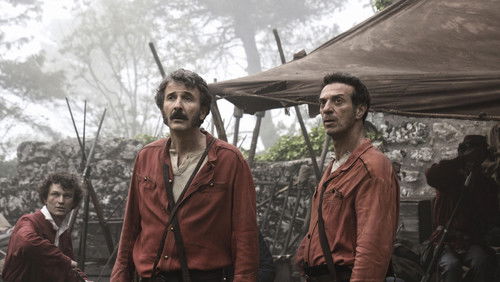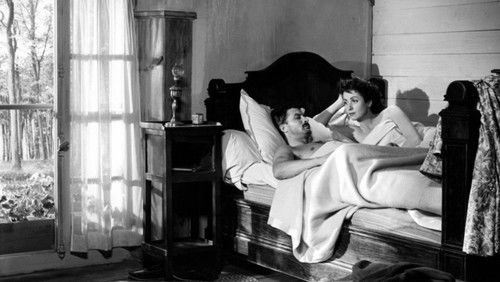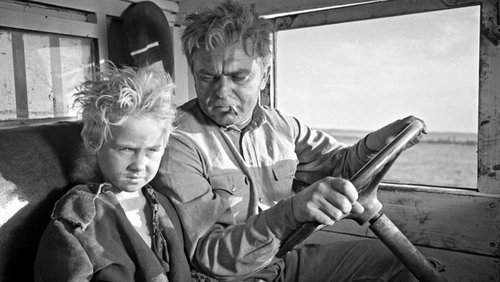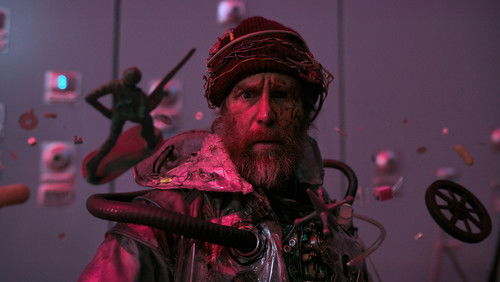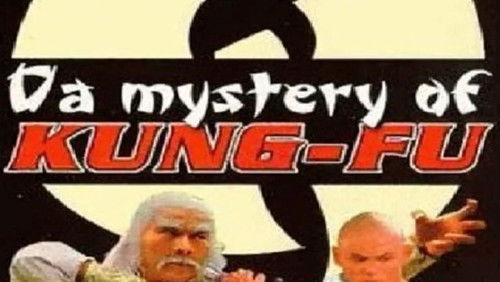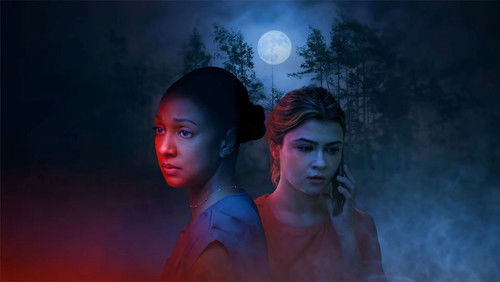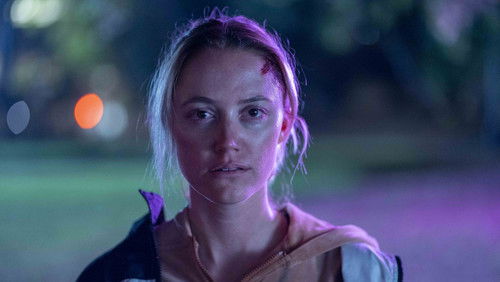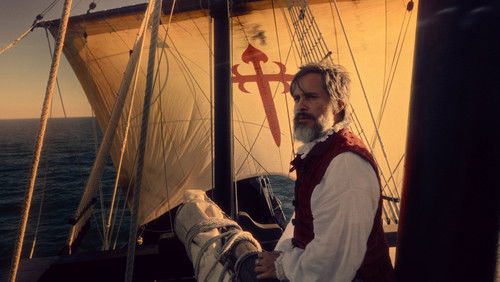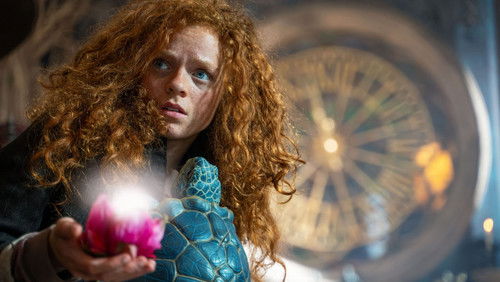The Magic Blade (1976)
12KThe Magic Blade (1976). 1h 26m | Not Rated
“The prolific Chor Yuen (Intimate Confessions of a Chinese Courtesan (1972)) whose work covers many genres was an important director with The Shaw Brothers, but today his oeuvre is known less than Chang Cheh and Lau Kar-leung. The genre that I am most familiar with from his films are the wuxia adaptations from the Gu Long novels including this one which was taken from (the Chinese title of the film is the same as the novel). While his direction was usually fine he had a habit to trying to fit in an overabundance of plot turns and characters that can be typical in adaptations of literature. I felt this was a hindrance to many of his directed films such as Bat Without Wings (1980), but in this movie it worked quite well. So far, and I have many more films that I would like to see of his with most not available on R1, this is easily my favorite movie directed by Yuen.u003cbr/u003eu003cbr/u003eThe Magic Blade is a consummate wuxia adaptation in the jianghu universe (literally means lakes and rivers but has come to mean the fictional world these fighters inhabit). The best wuxia films have hearty heroes, sundry and plentiful villains, diverse powerful weaponry and a complicated plot that I will eschew discussing too much about in this review. This film has all of that. We start with the solemn hero with an absolute code of ethics bemoaning a lost love because of his quest in becoming the number one martial artist. Who better to play this than the stoic Ti Lung as Fu Hung-hsueh? He resembles Client Eastwood in the Sergio Leoneu0026#39;s The Man With No Name trilogy in attire while his character is much more chivalrous. Every wuxia warrior must have a sublime and deadly weapon and Fu has his unique titular sword in tow. It is a blade that can swivel like a tonfa and looks like it would work well in mowing down your lawn as well as your enemies.u003cbr/u003eu003cbr/u003eTo be number 1 in the jianghu universe it helps to have spent years dedicated to becoming the best swordsman possible. It also helps to obtain a weapon that is so incredibly powerful that it can be used against those swordsmen who have wasted years learning their art to be number 1. What is a sword compared to the powerful Peacock Dart which can kill everything in range except your own fighters? How the device knows that I am not sure but I liked it much more than the spider weapon in another Chor Yuen film The Web of Death (1976). It does have another issue where it can only be used a few times, but we will ignore that as well. The Peacock Dart has been safely hidden away for many years at Peacock Mansion but a rising antagonist the mysterious Master Yu wants to obtain this magnificent weapon. Fu is entrusted with this weapon as it is no longer safe at the Peacock Mansion, but that now makes him an even bigger target than before. Will Fu survive the onslaught to finally face Master Yu (whoever he/she is)? u003cbr/u003eu003cbr/u003eThere is so much to like in this film. Tang Chiau0026#39;s (Shaolin Intruders (1983)) and Wong Pau-geiu0026#39;s fight choreography is excellent. While each fight tends to be short (Dr. Craig D. Reid notes that there are 22 fights for a total of 14 minutes and 8 seconds of action in his fun compendium The Ultimate Guide to Martial Arts Movies of the 1970s) the variety of weapons and situations employed are awesome. One of my favorite fight scenes is the human Chinese chess game where Fu gets caught up in the schemes of mini-mastermind Ku Wu-chi. The characters, especially the bad guys, are diverse, plentiful and quite memorable. My favorite is Devilu0026#39;s Grandma (Teresa Ha Ping who has been in at least 243 films) a cackling elder, who has a penchant for human pork buns, can do complex martial arts and would probably poison her son. But there are many other characters from bad guys who would rather play chess, an effeminate swordsman, a sympathetic Lo Lieh character (or is he) and countless others who will be introduced and then dispatched with quick efficiency by the hero (for example: hereu0026#39;s a bad guy who gets a Chinese title on the screen, you think he must figure prominent in the story, wait now he is dead, never mind). The story while somewhat complicated but not overly complex like Chor Yuenu0026#39;s The Duel of the Century (1981) is full of plot turns and interesting scenarios with my favorite being the town of the dead (Yuen would repeat this scene in Bat Without Wings).u003cbr/u003eu003cbr/u003eI easily recommend this to fans of wuxia. I am not sure how well others take to this because there is a fantasy element to these films that some people have trouble connecting to (not sure why when there are so many sci-fi and comic book hero films that skew reality) and the plot is one you do have to pay attention to and a second viewing does help. But this is a brilliant and fun film. The cinematography by Wong Chit is beautiful (he had already been working 20 years), the sets are ethereal and beautifully crafted and the fights, scenes, characters mentioned earlier help form one of my favorite Shaw Brotheru0026#39;s films. Now taste my thunder bullets.u003cbr/u003eu003cbr/u003eThe movie has a sequel named Pursuit of Vengeance (1977: Chor Yuen).”

